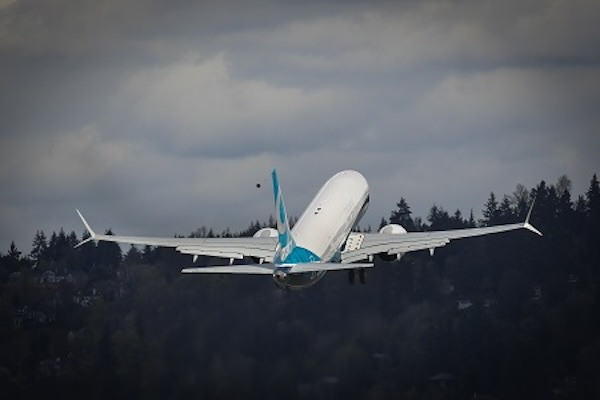Boeing’s CEO, Dave Calhoun, recently issued a public apology to the families of the victims involved in two tragic crashes. His testimony was delivered during a hearing with US senators in Washington, acknowledging the company’s imperfect safety culture.
The apology comes after incidents involving the Boeing 737 Max aircraft, which resulted in the deaths of 346 passengers. Calhoun’s statements at the hearing highlighted Boeing’s ongoing efforts to address safety issues and improve its corporate culture.
Boeing chief executive Dave Calhoun, while addressing US senators, acknowledged the inadequacies in the company’s safety culture. He admitted that Boeing’s internal environment was “far from perfect,” especially in light of recent safety lapses. This admission came as he delivered a public apology to the families affected by the two 737 Max crashes. Calhoun’s appearance before Congress was prompted by questions over Boeing’s actions since these catastrophic events.
In the wake of these incidents, Calhoun stated, “I would like to speak directly to those who lost loved ones on Lion Air Flight 610 and Ethiopian Airlines Flight 302. I want to personally apologise, on behalf of everyone at Boeing. We are deeply sorry for your losses.” This apology served as a poignant reminder of the human cost behind corporate failures.
Calhoun assured the committee that Boeing was actively working to rectify these issues. The company has implemented new management processes aimed at enhancing product safety and quality assurance. He emphasised that these procedures go beyond addressing the specific incidents, aiming for a comprehensive review of Boeing’s operational and quality control standards.
Besides procedural updates, Boeing has been focusing on its corporate culture. There is a significant emphasis on transparency and accountability within the organisation. Employees are being encouraged to voice safety concerns without fear of retaliation, ensuring that feedback is taken seriously and acted upon.
Boeing has instituted policies that prohibit any form of retaliation against employees who report problems. Calhoun highlighted the importance of listening to feedback from within the company and addressing it with the necessary seriousness, recognising it as a pivotal part of maintaining safety and quality.
Calhoun reiterated that these changes are not immediate fixes but ongoing commitments that will continue beyond his tenure as CEO. His departure at the end of the year signals a transition phase for Boeing, as it seeks to move forward with restored confidence in its aircraft and operations.
In conclusion, Boeing’s recent statements underscore a commitment to safety and accountability. While challenges remain, the steps outlined indicate a serious approach to addressing past failures. It is hoped that these efforts will lead to a more robust and safety-conscious Boeing, lessening the likelihood of future tragedies.
Boeing’s leadership is focused on steering the company through a challenging period of reflection and change. The steps being taken aim to prevent recurrence of past mistakes and to foster a culture where safety is paramount.
By acknowledging past errors and working towards rectifying them, Boeing aspires to regain the trust of its stakeholders and the flying public. It is through these efforts that the company hopes to redefine its legacy.

